European Union (EU) members have just approved the 13th package of sanctions targeting Moscow in response to Russian President Vladimir Putin's military campaign in Ukraine.
“EU ambassadors have just agreed in principle on the 13th package of sanctions in the framework of Russia’s aggression against Ukraine,” Belgium, which holds the rotating EU presidency, said on February 21, calling it “one of the most widely accepted measures in the EU.”
The latest measures come after the Russian arms industry was said to have gained access to parts for the production of drones for military use, diplomats told German news agency DPA.
The latest sanctions package will be formally approved by the 27-nation bloc on February 24, the second anniversary of the day Russian troops began advancing into Ukraine.
Old but new
The 13th round of EU sanctions, like its predecessors, aims to limit Russia’s ability to make money to finance its ongoing war in Ukraine, but the latest round is the first to target companies in mainland China suspected of helping Russia circumvent restrictions to access “prohibited goods.”
The measures focus primarily on anti-fraud and target companies around the world accused of supplying Russia with advanced technology and military goods produced in the EU, particularly drone components.
Companies from Türkiye and North Korea, among other countries, were also targeted. Nearly 200 individuals and entities, mostly from Russia, were added to the blacklist, which now contains more than 2,000 names.
However, the package does not include any individuals or entities believed to be involved in the death of opposition figure Alexei Navalny. Tighter restrictions on Russian aluminium are also not included as the issue remains divisive.
Exact details of the latest sanctions will be available once the latest sanctions package is published in the EU's official journal, expected later this week.
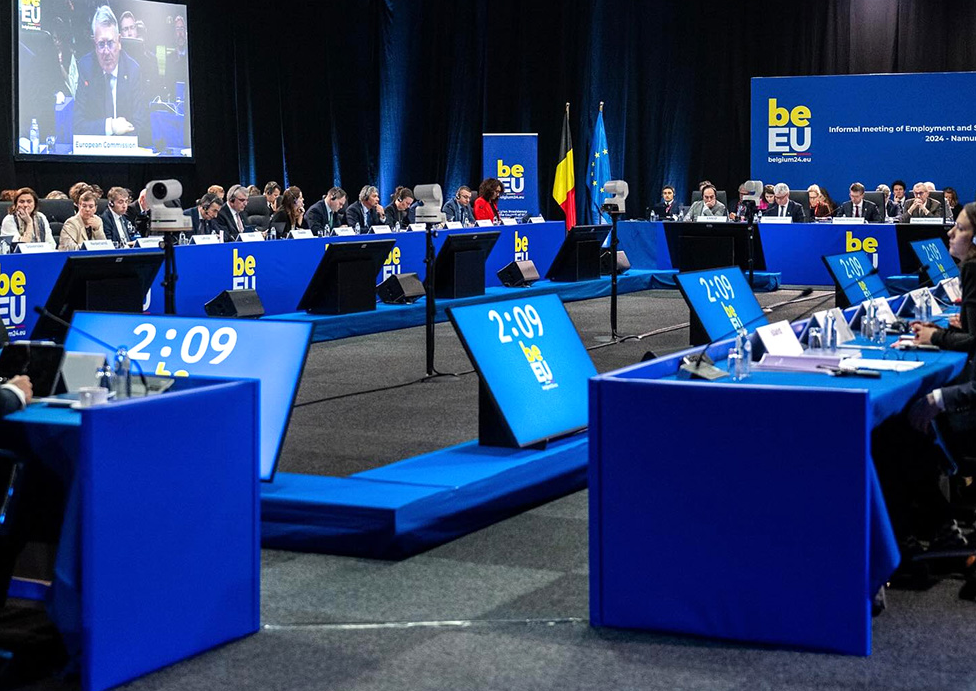
The 13th package of EU sanctions against Russia will be enacted on February 24, 2024, the second anniversary of the conflict in Ukraine, according to Belgium – the member state holding the rotating EU presidency. Photo: The Gaze
“I welcome the agreement on our 13th package of sanctions against Russia. We must continue to weaken Putin’s war machine,” European Commission President Ursula von der Leyen wrote on social media.
The EU has previously tried to sanction some companies based in mainland China, but complaints from Beijing officials and reservations from some member states have prevented such a move. The increasingly close ties between Russia and China have finally prompted diplomats in Brussels to bring the idea to the table for a second time.
According to Chinese government customs data, Russia-China trade reached a record high of more than $240 billion (€213 billion) in 2023. This figure far exceeded the $200 billion target set by Moscow and Beijing.
For China, the final sanctioning of three of its companies marks the end of a long-running effort to prevent its companies from being blacklisted over the war in Ukraine.
The new EU sanctions package, the 13th since February 2022, also targets Russian-run facilities allegedly involved in the trafficking of children from Ukraine. The allegations of child smuggling from Ukraine led to the International Criminal Court (ICC) issuing an arrest warrant for President Putin in March last year.
Moscow has dismissed the ICC's arrest warrant for Mr Putin as invalid, and said it does not recognise the court's jurisdiction because Russia is not a party to the Rome Statute that established the ICC.
2 year milestone
The approval of the latest sanctions package was deliberately timed to coincide with the second anniversary of the start of the war in Ukraine (February 24, 2022 - February 24, 2024).
The process has been slowed down because Hungary has tried to block any restrictions involving Rosatom, Russia's nuclear monopoly. Rosatom is the main contractor for the expansion of the Paks nuclear power plant, which provides more than 50% of Hungary's electricity.
Despite minor hiccups, the final sanctions package was approved on February 21, three days before the symbolic second anniversary of Russia’s military operation in Ukraine. Last year, the EU almost missed the milestone.
A formal written procedure will turn the agreement on the 13th sanctions package into law on February 24, according to Belgium – the member state holding the rotating EU presidency.

A destroyed car after a military offensive in the Donetsk region, February 21, 2024. Photo: Getty Images
The latest package is almost entirely focused on cracking down on sanctions evasion, a common phenomenon that has been compared to a game of “Whac-A-Mole”: as soon as one loophole is closed, another opens up.
China, the United Arab Emirates (UAE), Türkiye, Kyrgyzstan, Kazakhstan, Uzbekistan, Serbia and Armenia have been in the EU's crosshairs for months, with EU Special Envoy for Sanctions Enforcement David O'Sullivan travelling from country to country trying to persuade their governments to do more.
“I think we have to be realistic,” Mr O’Sullivan told Euronews last December. “There will always be some level of fraud. There will still be parties who can continue to make money.”
Last year, the EU introduced an anti-sanctions circumvention tool that allows the bloc to restrict certain trade flows with entire countries, rather than with specific companies.
The instrument is intended as a measure of last resort, but its activation depends on unanimous consent from member states. Meanwhile, it seems that “unanimous consent” is something that is increasingly difficult to achieve.
One unnamed diplomat said it was “quite clear” that sanctions against Russia were not as effective as the EU had initially hoped because Russian society was still getting “what it wanted”.
Recent forecasts from the International Monetary Fund (IMF) have raised the outlook for the Russian economy due to high military spending and strong consumer spending .
Minh Duc (According to Euronews, Al Jazeera, Politico EU)
Source




![[Photo] General Secretary To Lam attends the 80th anniversary of Vietnam's diplomacy](https://vstatic.vietnam.vn/vietnam/resource/IMAGE/2025/8/25/3dc715efdbf74937b6fe8072bac5cb30)




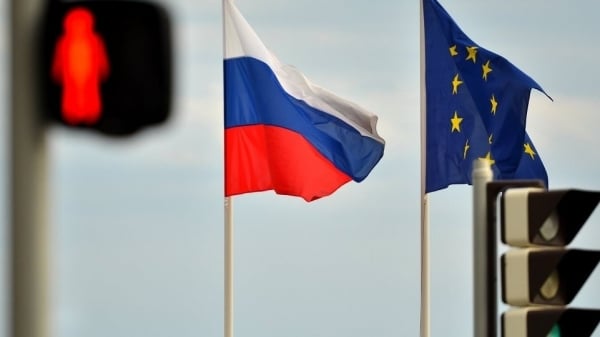

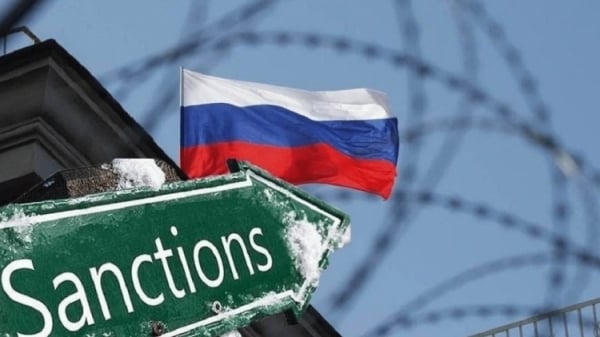

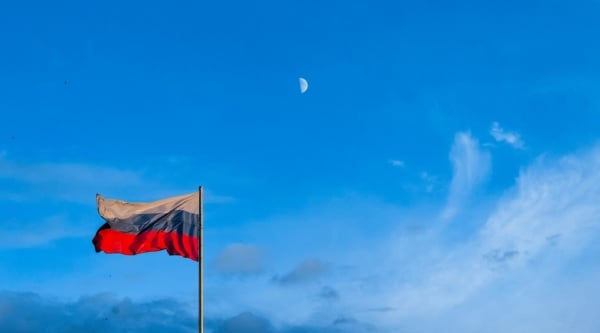
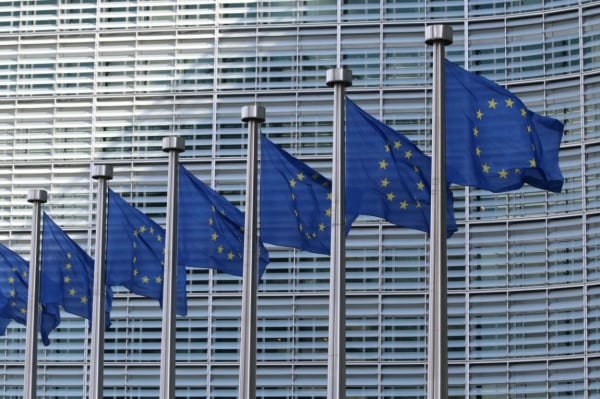
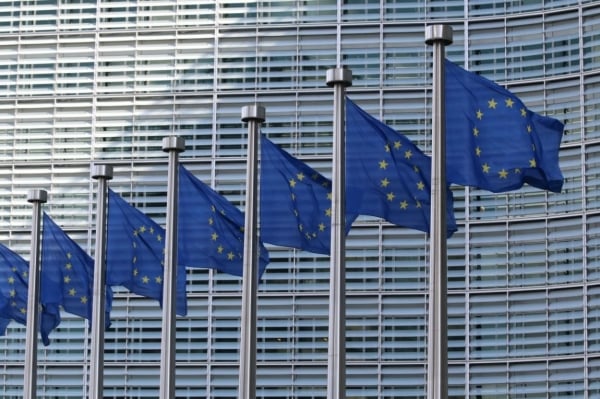
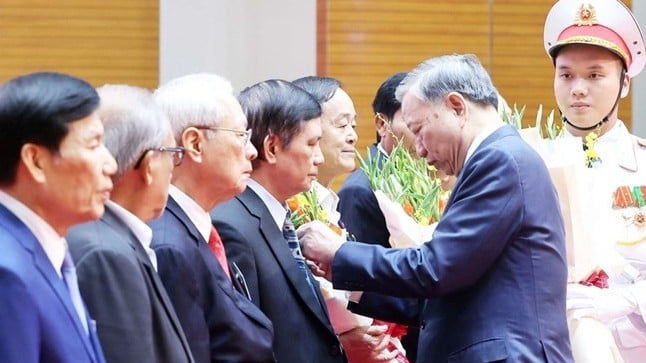

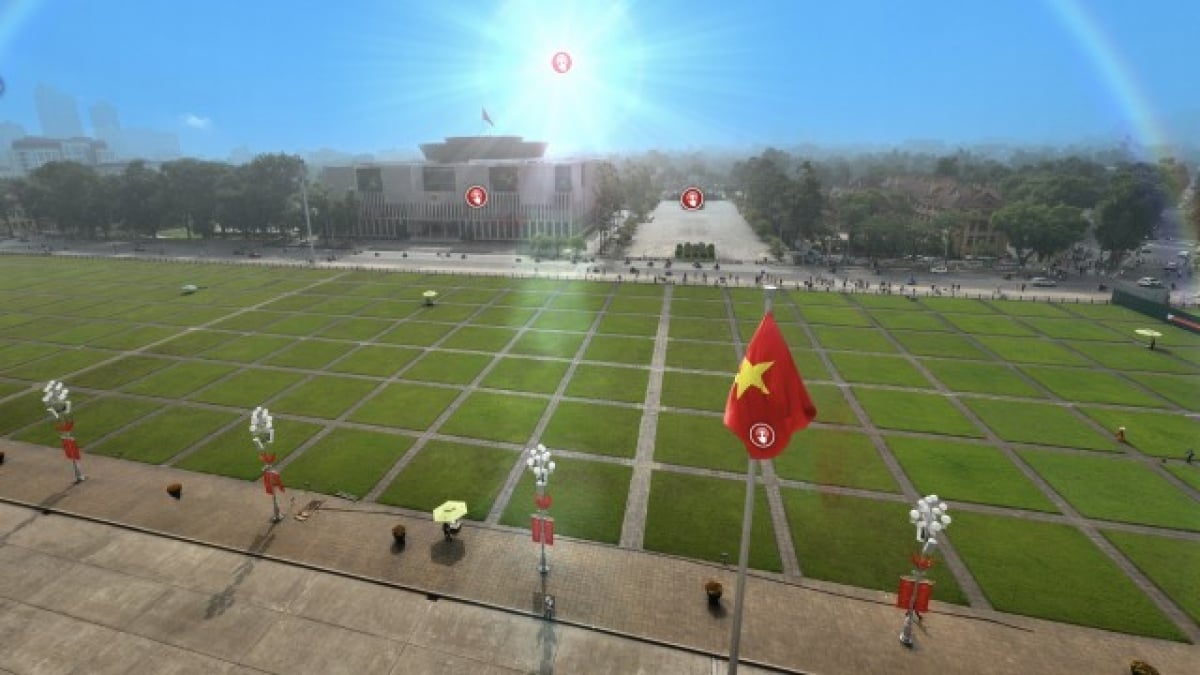
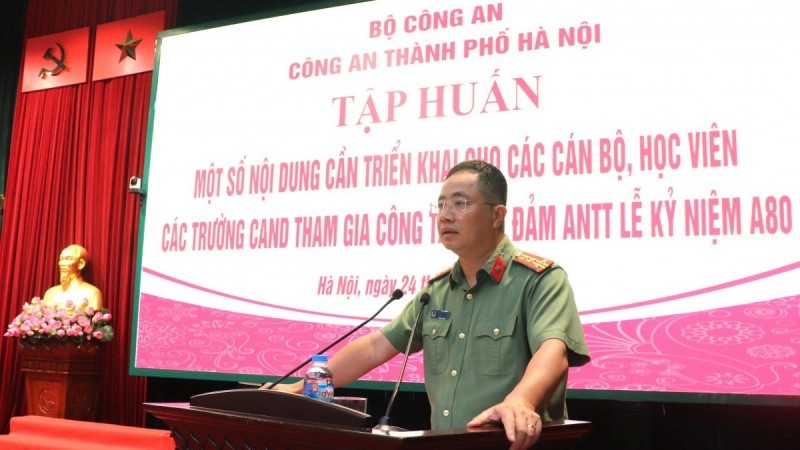
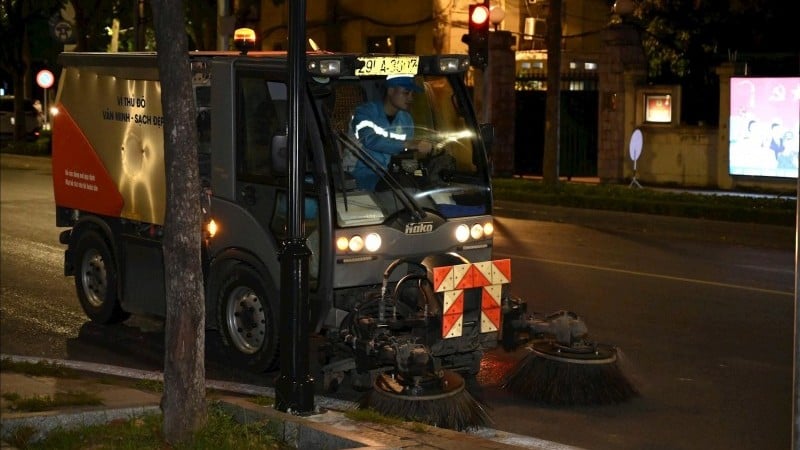
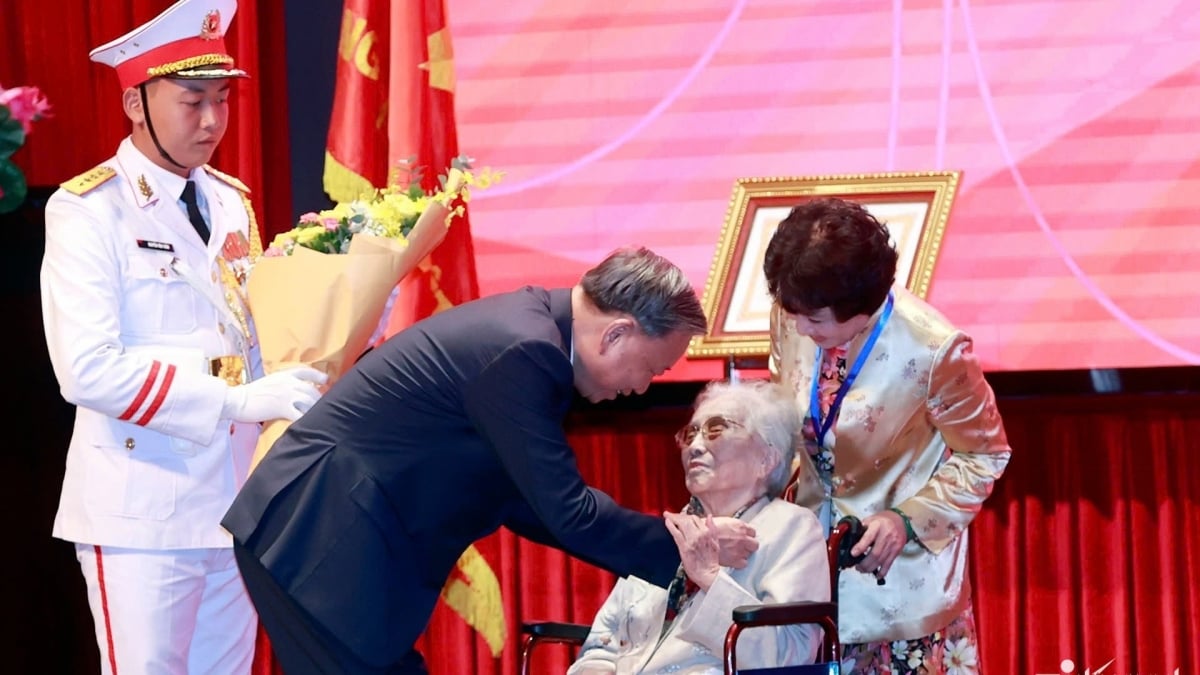
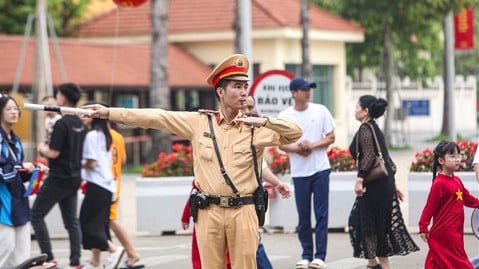




























































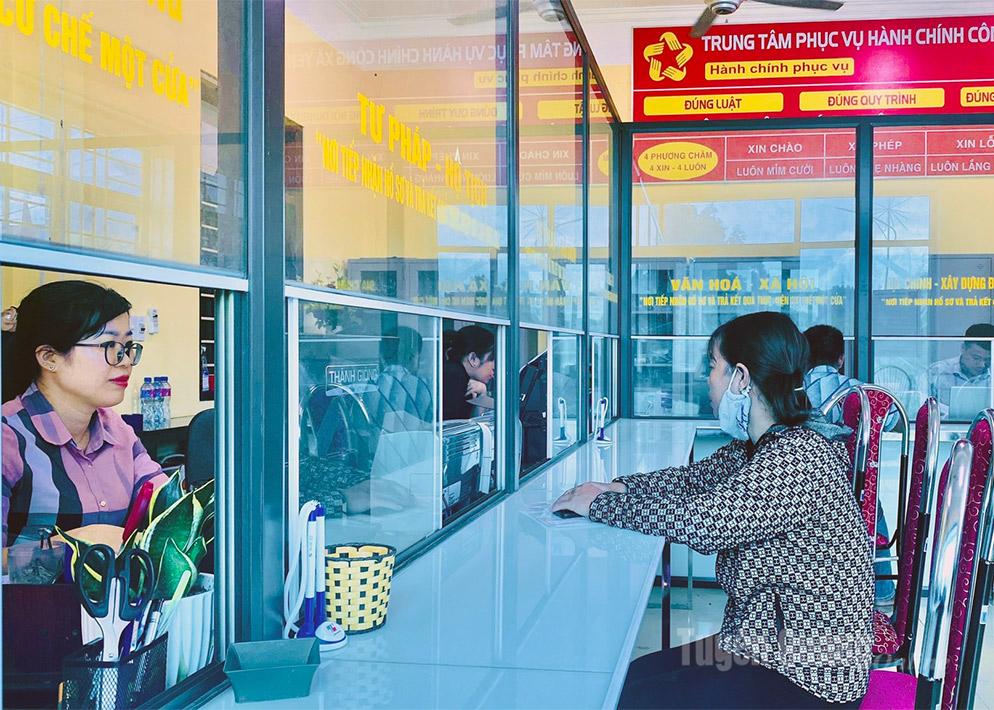
























Comment (0)